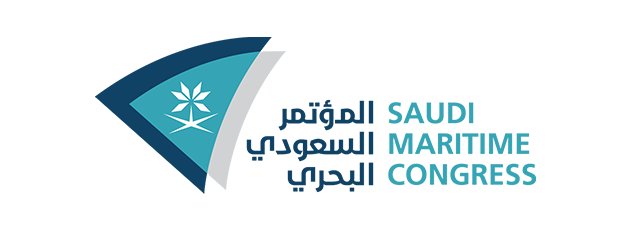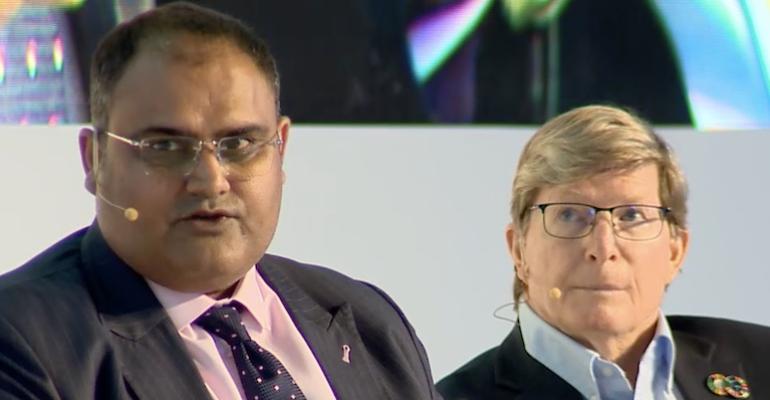Speaking at the Keynote Session: International Outlook at the Saudi Maritime Congress 2023, Paul Holthus, Founding President and CEO of the World Ocean Council noted he had been directly involved with the advisory board of the Red Sea Project, as well as working with Neom and Oxagon on a blue ocean strategy.
“There's tremendous opportunity here,” he said. “The Giga projects are really accentuating that potential, and providing of a real physical place, that crossroads, and that leadership role, with vision 2030.”
Holthus sees a role to use the Giga projects as solutions labs for developing the blue economy and sustainable solutions.
“So, it's really an unprecedented opportunity for those major developments to move forward on things like clean energy, hydrogen and large scale, more sustainable desalination, and develop those for the internal needs of those Giga projects,” he said.
Holthus believes these could provide solutions for Saudi Arabia as a whole, and more broadly the Middle East region creating exportable products and services, and with those business opportunities.
Saudi Aramco is the largest company in the Ocean 100 list of the top businesses involved in the ocean economy.
Speaking on the same panel Khurram Ali, Partner Middle East for Ince & Co, noted that Saudi Aramco was diversifying its business from oil and also getting to gas. “The demand for Aramco from offshore contractors is increasing day by day.”
He does not believe that in five to six years-time there will be enough vessels operated locally to service that demand. As a result there will be foreign operators who want to bring vessels into the Saudi market and get them working.
On the shipping front Khurram noted the economic zones being created by the Kingdom and highlighted the zone at King Abdullah Port in the Red Sea with a transhipment hub where cargo can brought into a bonded zone for reshipment.
“Now, obviously, that will make sense for most shipping lines, which are going from east to west, because they have to pass the Red Sea, rather than diverting currently, let's say, in the UAE, where they will lose time and money,” he said. Major international container terminal operators have been investing in the Kingdom’s ports.
Speaking in a later session on Cargo Shipping and Port Development, Mohammad Shibab, Area Managing Director Saudi Arabia and Upper Gulf for AP Moller – Maersk, commented that a big part of Vision 2030 was to make the Saudi economy relevant beyond oil. When the vision started in 2016 non-oil exports contributed around 16% of Saudi’s total exports and today that figure has move up to 23%, with the goal to arrive at 50% by 2030.
“So, we're moving in the right direction in that regard. With that said, a big part of making it happen is also facilitating trade, as you had mentioned, as well, enabling the geography and the capacities of the Kingdom, to enable the Lingdom to be a logistics and a global logistics hub,” he said.
Copyright © 2024. All rights reserved. Seatrade, a trading name of Informa Markets (UK) Limited.
Add Seatrade Maritime News to your Google News feed.  |



